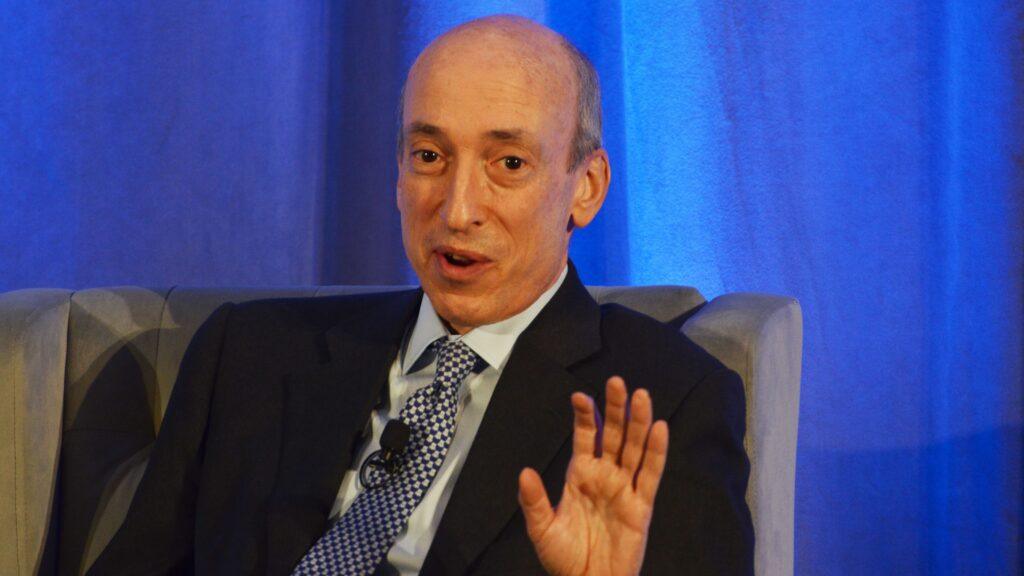Commissioner Mark Uyeda will take over as head of the U.S. Securities and Exchange Commission as the agency awaits Senate confirmation on President Donald Trump’s pick for the permanent position, Paul Atkins.
Acting Chairman Uyeda, who has been a vocal supporter of relaxing the regulator’s pursuit of the crypto industry along with fellow Republican Commissioner Hester Peirce, once served Atkins as a lawyer at the agency. Atkins, who was formally nominated hours after Trump was sworn in on Monday, is a former commissioner who has developed ties to cryptocurrencies in his consulting business in Washington.
Uyeda has expressed his own strong opinions on the SEC’s role with respect to digital assets. He has regularly criticized the commission majority for measures to control cryptocurrencies, such as the so-called Staff Accounting Bulletin 121 (SAB 121) that made it difficult for banks to maintain digital asset clients. He has said he favors getting rid of it, a move that is now within his authority.
The change in chairs has not yet been officially announced at the agency, although the remaining commissioners, including Hester Peirce and Caroline Crenshaw, issued a joint statement regarding the departure of former chair Gary Gensler.
“Although as commissioners we approach political issues from different perspectives, there was always dignity in our differences,” the commissioners said. “Chairman Gensler has been committed to bipartisan engagement and a respectful exchange of ideas, which has helped facilitate our service to the American public.”
Gensler had previously announced that he would resign at noon on January 20, the same time Trump took office.
Gensler had become the main government antagonist of the crypto industry in recent years. He pursued enforcement cases, pushed a controversial crypto accounting policy, favored proposals for strict rules that threatened the industry’s business model, and blocked, for a time, the establishment of spot cryptocurrency exchange-traded funds (ETFs). . On this last point, a court ruling against the agency forced Gensler to act, and he ultimately voted with the commission’s Republicans to clear the way for ETFs.
His agency argued in court that existing law was sufficient to categorize and regulate crypto assets. That position was favored by some federal judges and rejected by others, and the central issues are still working their way through the courts.
Uyeda’s SEC, for the duration of his tenure, is absent virtually all of the top legal officials who worked under Gensler, including in the compliance division and the general counsel’s office.
The acting president has all the authority of the office, but people in that position sometimes choose to defer to the incoming president and wait for important decisions to be made.
At the SEC’s sister agency, the Commodity Futures Trading Commission, Republican Commissioner Caroline Pham has been promoted to the role of acting chair, although Trump has yet to name a permanent successor to outgoing Democratic Chairman Rostin Behnam.
Unlike the CFTC, which currently has a 2-2 split between the parties, SEC Republicans outnumber the lone Democrat 2-1.




